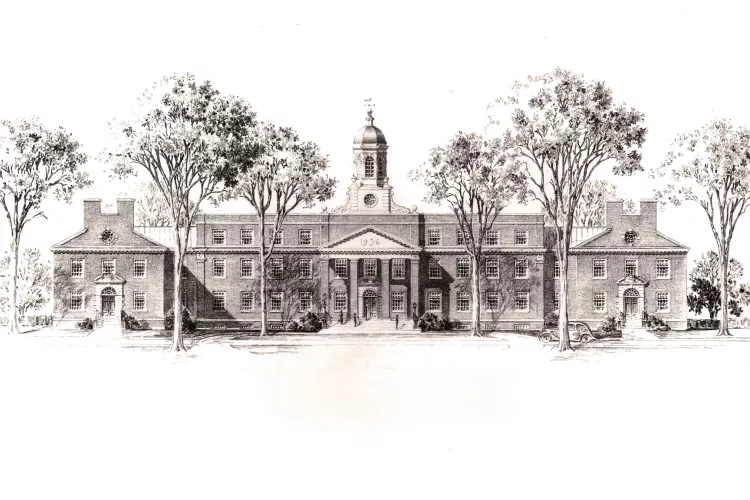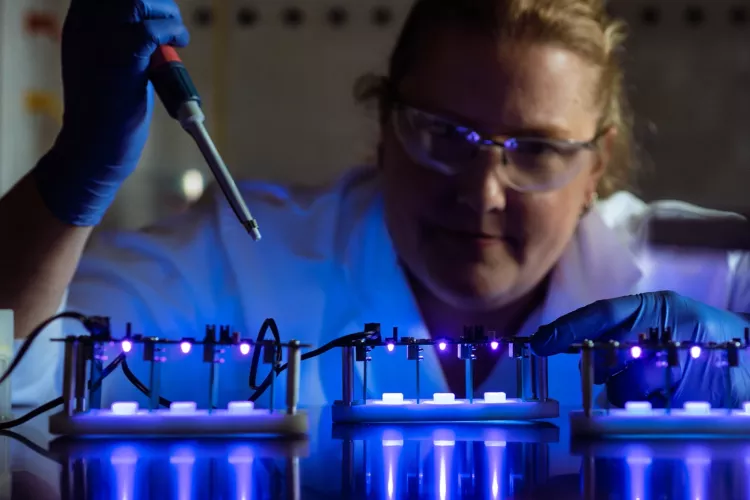UofL and James Graham Brown Cancer Center receive 33,000 tissue samples for oncology research
October 2, 2024The University of Louisville has expanded its oncology research strength through the addition of approximately 33,000 human tissue samples and specimens. The samples were transferred by Catholic Health Initiatives (CHI) to further the shared commitment and collaboration in advancing research and action in the fight against cancer.
Researchers from the University of Louisville and James Graham Brown Cancer Center are partners with CHI through national oncological research between the two organizations, as well as locally as part of KentuckyOne Health. This close collaboration has delivered significant impact in the understanding of a variety of cancers and is supporting physicians and patients in Kentucky and across the country.
“These specimens provide our researchers with opportunities to build on existing research initiatives and open the door for new areas of study in fighting cancer,” said Dr. James Ramsey, president of the University of Louisville. “We now will be able to extend our efforts to build upon our advances and we continue to work to reduce the human costs of cancer.”
Research teams in Louisville now have access to triple the number of medical specimens to guide cancer research. The more than 47,000 samples in the University of Louisville biorepository cover 111 unique primary tumor sites and include cancer types that are particularly prevalent in Kentucky, including breast, lung, colon and kidney cancers.
“Cancer is one of the most prevalent health issues facing the people of the Commonwealth,” said Ruth Brinkley, CEO of KentuckyOne Health. “The gifting of these specimens reinforces our shared commitment to bring wellness, health and hope to patients in Kentucky and across the country. The innovative treatments, diagnostic tests and other insights our local researchers are developing are critical to helping us reduce the rate and impact of cancer.”
The specimens arrived at the University of Louisville on May 24, enabling immediate access for research teams.
Related News



